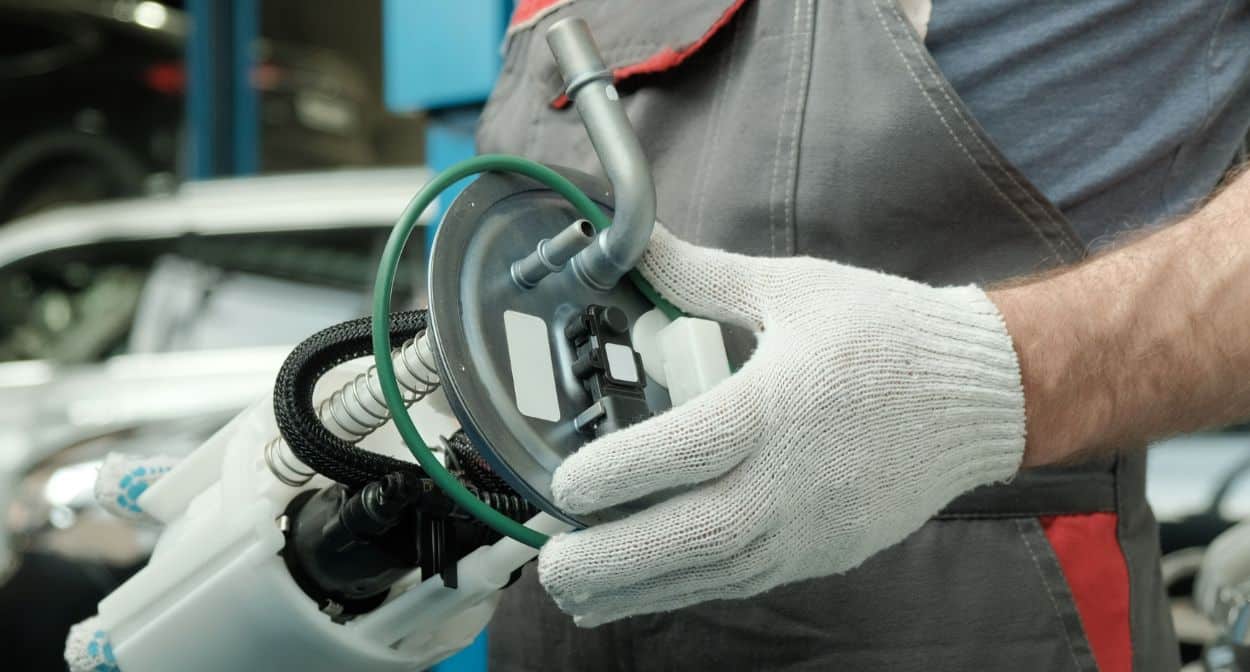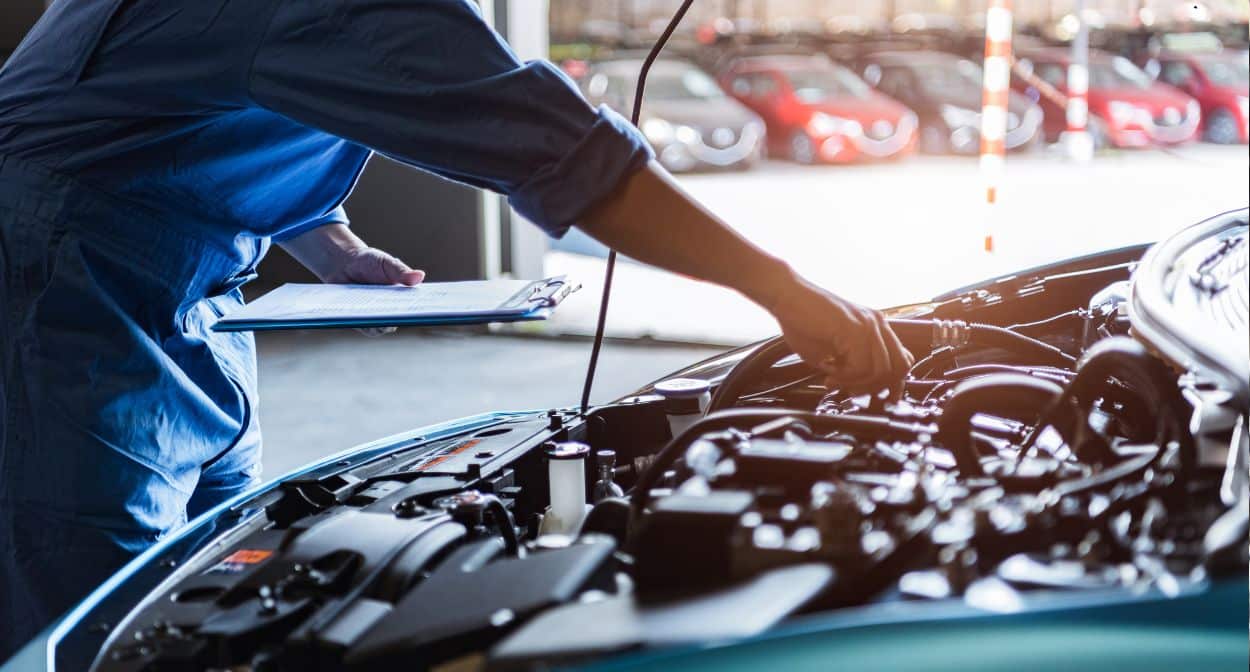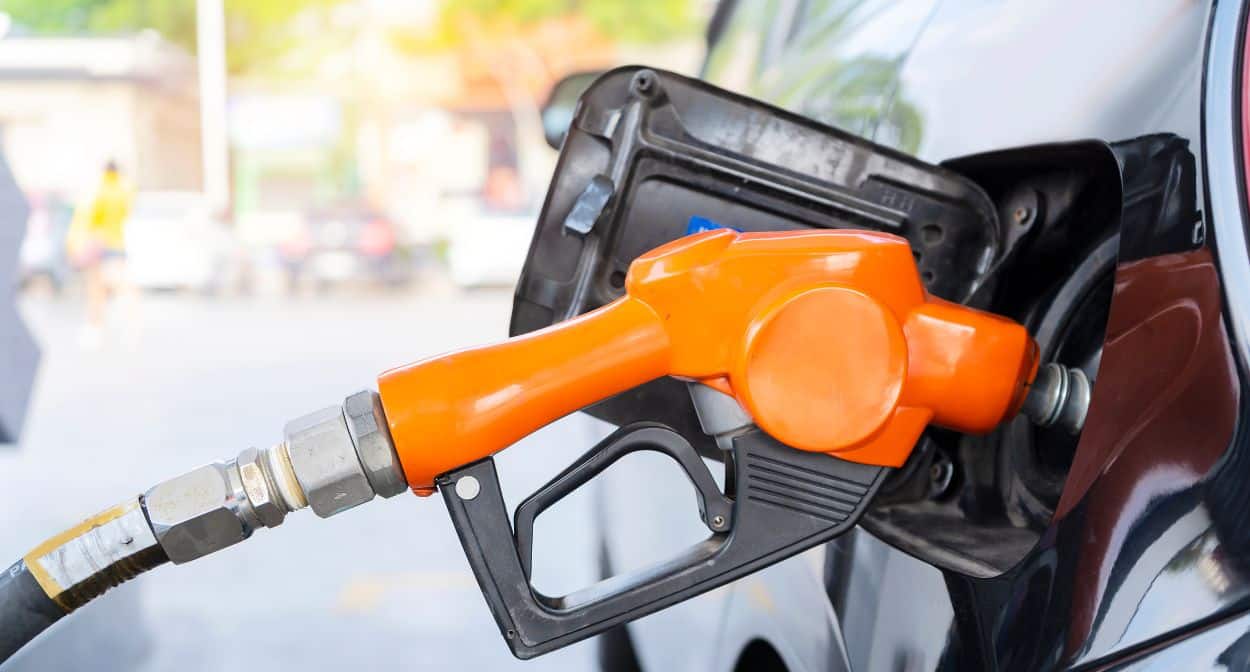Why Routine Fuel System Maintenance is Important

Regular maintenance not only keeps your car running optimally but also prolongs its lifespan, ensuring that your investment in a high-end German automobile remains worthwhile for years to come.
Key Components of the Fuel System in German Vehicles

- Fuel Injectors: These spray the precise amount of fuel into the engine’s combustion chamber for ignition.
- Fuel Pump: This pump draws fuel from the tank and delivers it to the engine.
- Fuel Filter: It filters out impurities and debris from the fuel before it reaches the engine.
- Fuel Tank: The storage unit for fuel.
- Fuel Pressure Regulator: This component controls the pressure of the fuel sent to the injectors.
- Fuel Lines: These lines carry fuel from the tank to the injectors.
Routine maintenance is essential to keep each of these components functioning correctly and efficiently.
How Often Should You Perform Routine Fuel System Maintenance?
For German vehicles, the frequency of routine fuel system maintenance may vary depending on the model, driving conditions, and age of the vehicle. However, as a general rule of thumb, it’s recommended that fuel system inspections and servicing be performed at least once every 30,000 miles or once a year, whichever comes first. This schedule may need to be adjusted if you frequently drive in harsh conditions, such as dusty roads, extreme temperatures, or stop-and-go city traffic, as these can place additional strain on the fuel system.
Steps for Routine Fuel System Maintenance for German Vehicles

1. Fuel Injector Cleaning
Fuel injectors are a crucial part of your vehicle’s fuel system. Over time, they can become clogged with carbon deposits, especially if the vehicle is primarily used for short trips, where the engine doesn’t have a chance to reach its optimal temperature.
Symptoms of Clogged Injectors: Poor fuel economy, rough idling, and reduced engine performance are common signs of clogged injectors.
Maintenance Tip: Use a high-quality fuel injector cleaner to dissolve these deposits. For best results, this should be done as part of routine maintenance every 15,000 miles or as recommended by your vehicle’s manufacturer.
For deeper cleaning, professional fuel injector cleaning services are available, which involves removing the injectors and using specialized equipment to clean them thoroughly.
2. Fuel Filter Replacement
The fuel filter prevents dirt, rust, and other contaminants from entering the fuel system and reaching the engine. Over time, it can become clogged, leading to fuel delivery issues and engine problems.
Symptoms of a Dirty Fuel Filter: Difficulty starting, decreased fuel efficiency, and stalling under load.
Maintenance Tip: Replace the fuel filter every 30,000 miles or as per your vehicle manufacturer’s guidelines. This simple yet vital step ensures the longevity of your fuel system and protects your engine from potential damage caused by contaminated fuel.
3. Inspecting and Replacing Fuel Pumps
The fuel pump delivers gasoline from the tank to the engine. A malfunctioning pump can result in insufficient fuel being sent to the engine, leading to misfires or a complete breakdown.
Symptoms of a Failing Fuel Pump: Loss of power, surging, engine sputtering, and difficulty starting.
Maintenance Tip: While fuel pumps generally last a long time, they should be inspected during routine maintenance, especially after 100,000 miles. If any issues are detected, replacement is necessary to avoid further damage to the fuel system.
4. Fuel Pressure Testing
Maintaining the correct fuel pressure is essential for proper engine performance. If the pressure is too high or too low, the fuel injectors will not function efficiently, leading to engine misfires, poor fuel economy, or stalling.
Maintenance Tip: During routine fuel system checks, a mechanic can perform a fuel pressure test to ensure that the pressure regulator and other components are working correctly.
5. Using High-Quality Fuel
One of the easiest ways to maintain your German vehicle’s fuel system is by using high-quality fuel. Premium fuels often contain detergents and additives that help keep the fuel system clean, reducing the risk of clogging and improving overall performance.
Tip: For many German vehicles, premium or high-octane gasoline is recommended. Always refer to your vehicle’s manual for the correct fuel type.
6. Inspecting Fuel Lines and Connections
Fuel lines and connectors should be inspected regularly for signs of wear, corrosion, or leaks. Leaking fuel lines are not only hazardous but can also lead to poor engine performance and fuel loss.
Maintenance Tip: Regular visual inspections of the fuel lines should be part of your routine maintenance checklist. If you detect any fuel smell or visible leaks, seek professional repair immediately.
Conclusion
Routine fuel system maintenance is critical to ensuring the longevity and performance of German imports. By staying on top of regular services like fuel injector cleaning, fuel filter replacement, and fuel pump inspections, you can prevent expensive repairs and keep your car running as smoothly as the day you bought it. Whether you own a BMW, Audi, Mercedes-Benz, or Volkswagen, adhering to a proper maintenance schedule is the key to maximizing your vehicle’s performance and lifespan.


